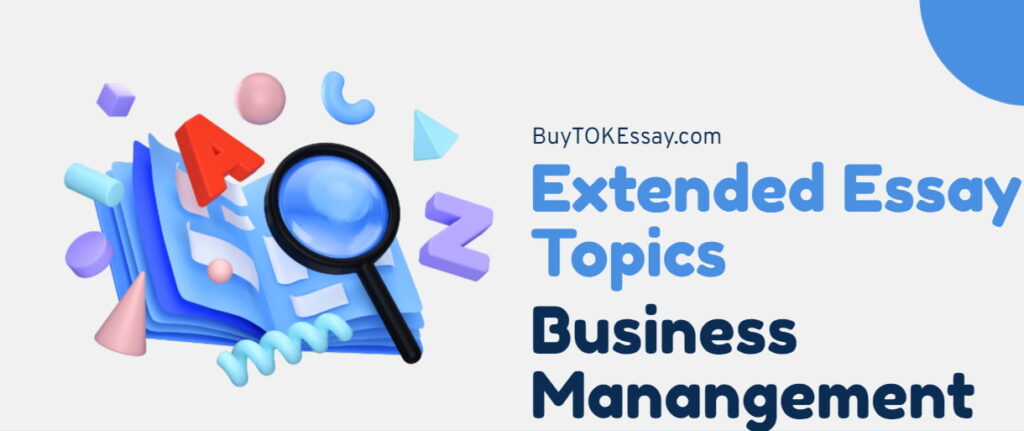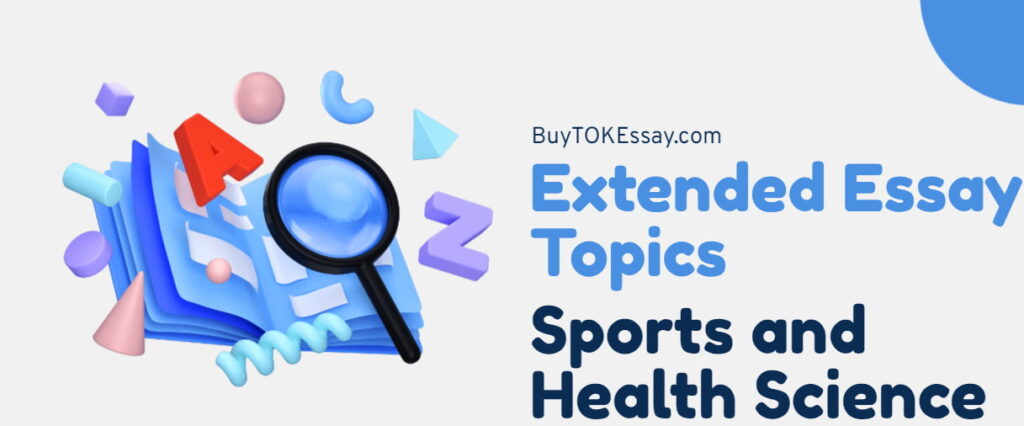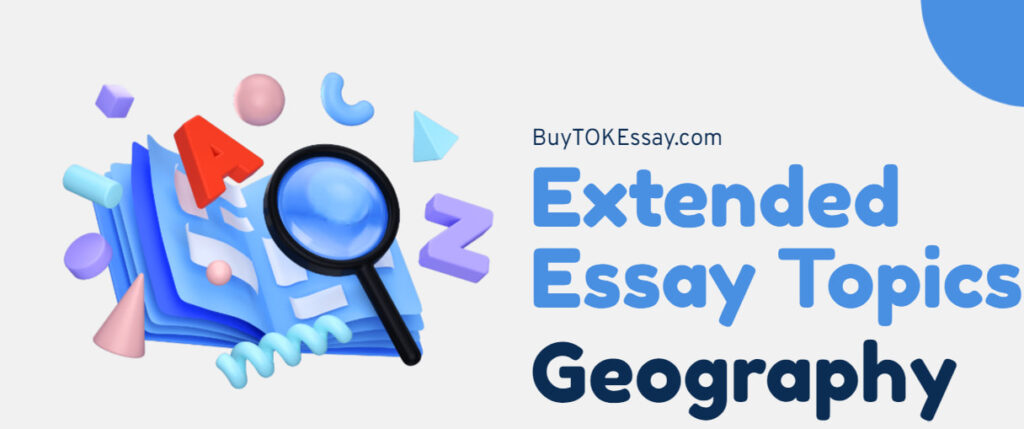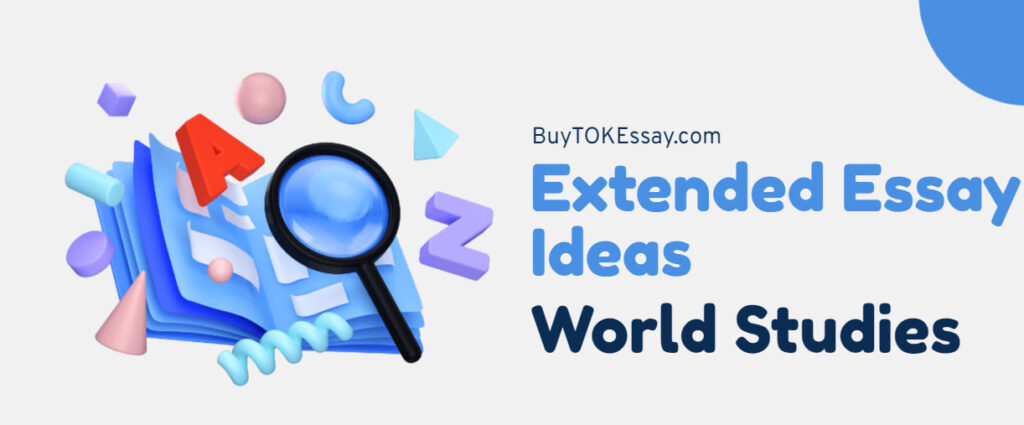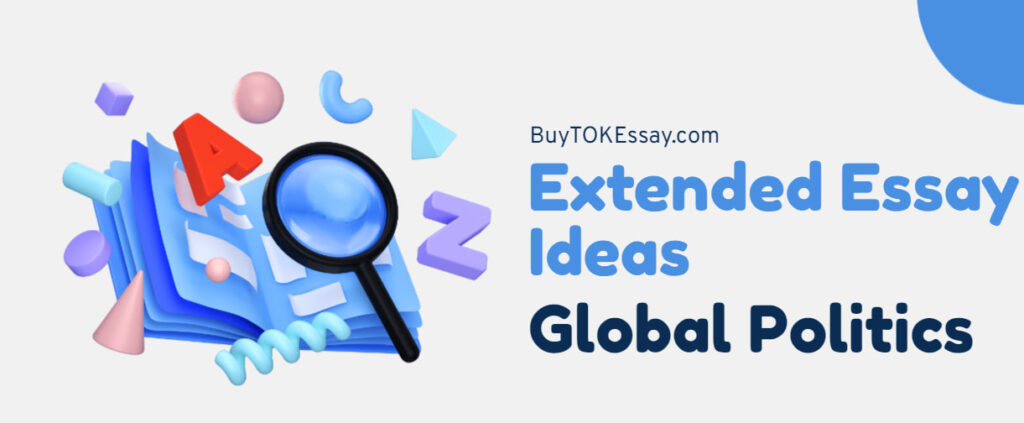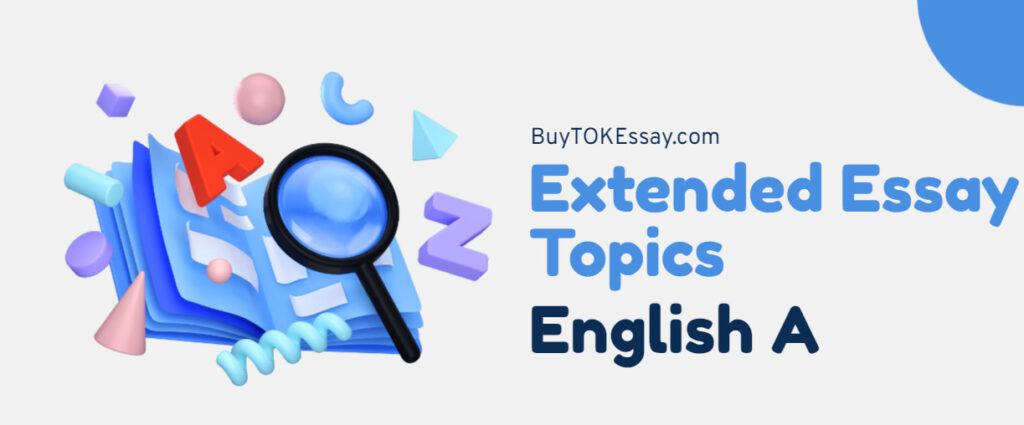One of the first things students ask me about the IB Extended Essay is, “How do I write my reflections?” These short texts, which are officially called IB reflective statements, are part of the Reflections on Planning and Progress Form, or RPPF. They are, in my opinion, the most important part of how examiners see how involved you are with the process.
So, in this article, we will explain how to write a reflective statement for IB that you can genuinely be proud of. 🤌
What Is a Reflective Statement in IB?
Your reflective statement is your chance to talk about how you worked on your Extended Essay, the problems you ran into, and what you learned along the way.
I typically recommend students to think of it as the “behind-the-scenes” remark. It doesn’t ask you to back up your claims or give data as the essay does. Instead, a reflective statement should focus on your personal insight, self-awareness, and the choices you make while doing your research.
According to general IB guidelines, your reflective statement should show intellectual curiosity, flexibility, and critical thinking. It’s more about showcasing how you’ve grown than how great you are. Examiners really prefer honesty more than attempting to make everything seem perfect.
An IB reflective statement is not a single piece of writing, but a group of short reflections you draft at different points in writing your essay. These are all parts of the RPPF. Together, they show the whole path from the original concept to the final reflection. Each reflection has a distinct purpose.
| Initial reflection | Your topic choice, initial ideas, and your expectations. |
| Interim reflection | Progress, difficulties, changes in direction, and lessons learned. |
| Final reflection (viva voce) | Looks back at the entire process, highlighting personal growth, insights, and outcomes. |
I think it makes a big difference that I write these reflections at the right time. Your text will sound flat and simple if you wait until the end to recap everything. But when you write right after a stage is over, your reflections.
IB Reflective Statement Rubric (Criterion E: Engagement)
Your reflective statement is part of Criterion E: Engagement, and it can literally be the thing that bumps your grade up. Examiners only read what you put in the RPPF (with your supervisor’s comment as context), and they cut you off at 500 words. Basically, they want to see your brain at work, not a summary of your EE.
And if the RPPF is missing or in a different language from the essay, Criterion E = 0.
Here’s the easy version of how the markbands work.
| Marks | What Examiners Look For |
|---|---|
| 0 | No RPPF, or it’s in a different language than the essay. |
| 1–2 | Descriptive notes about what you did (“I read… I met…”) with little insight into decisions or planning. Personal engagement is limited. |
| 3–4 | Analytical reflections that connect choices to concepts/skills you developed. Shows moderate personal engagement and some intellectual initiative. |
| 5–6 | Evaluative reflections that show how you made and revised decisions, handled challenges, and how those choices shaped the investigation and outcomes. Strong, authentic student voice with clear intellectual initiative and creativity. |
Getting into the top band means that your reflections should show that you were interested in the whole process, not just the end result.
For example, you could say “I realized my early sources were too general, so I refined my keywords to focus on academic databases, which gave me more reliable material” instead of “I found sources online.” This shows both movement and thinking critically.
Last but not least, know that Criterion E is worth 6 out of 34 points for the Extended Essay. That may not seem like much, but it’s often what sets students who show a polished process apart from those who only hand in a polished essay. Think of your reflections as proof that you’ve grown as a writer and thinker.
How to Write a Reflective Statement in IB?
Sometimes it can be hard to write a reflective statement for your EE, but this is your chance to show the examiner how you changed during the process. The purpose is to show your engagement with the research process and how you dealt with difficulties along the way, not to repeat your essay.
1 – Start with Intentions and Motivation
The easiest approach to start is to tell them why you chose this topic. Was it something you were interested in, a topic you wanted to learn more about, or something that made you curious because of another class?
Make this portion real. Examiners like it when students demonstrate that they really care about their research instead of just presenting generic justifications. You may claim, for example, that you were interested in how climate change impacts tiny communities or how literature shows cultural identity.
2 – Reflect on Challenges and Adaptations
Examiners want to see how you dealt with the challenges that each Extended Essay presents. Instead of just describing the problems, talk about how you dealt with them. For example:
- Your original research question may have been too broad, and you had to narrow it down.
- You may have also had trouble with sources that weren’t reliable, and you had to find more academic ones.
What really matters is showing that you adjusted along the way. This shows resilience, initiative, and critical thinking, which are traits that get better marks on the evaluation.
Remember, challenges show your level of engagement.
3 – Highlight Key Decisions
You should also talk about the major decisions you made along the route in your reflective statement. This may be picking which sources to use first, figuring out which structure worked best for your thesis, or explaining why you altered the emphasis of your research after the interim reflection.
Don’t simply say what you decided, but explain. You may say, for example, that you shifted from general websites to academic publications because they provided more credible evidence.
These insights demonstrate that you thought extensively about your research process rather than just following directions.
4 – Connect to Personal Growth
Examiners want to know how the process helped you become a better researcher. Think about what you learned about yourself as a student:
- Did you become better at managing your time?
- Did you learn to be more critical of your sources?
- Or maybe you realized that persistence matters more than initial talent.
These reflections show that you are well-rounded and know yourself well. Your statement is even stronger if you connect your growth to skills you’ll use in future studies, like writing college essays or doing research projects.
5 – Keep It Clear and Concise
Lastly, keep in mind that your three reflections on the RPPF may only be 500 words long. That means you can’t afford to squander space on ambiguous details. Instead of going over everything you did, just talk about the most important things you learned.
An excellent reflective statement should be clear, honest, and to the point. If you keep it clean and to the point while demonstrating how thoroughly you thought about your research, you’ll not only meet the rubric standards, but you’ll also stand out as a thinking, reflective IB student.

Need Help with Your IB Extended Essay?
Whether starting from scratch or fine-tuning your existing assignment to meet your supervisor’s demands, the BuyTOKEssay.com team is here to make your dream of a perfect paper a reality. Just buy an extended essay from our IB experts and say goodbye to writer’s block!
IB Reflective Statement Examples
When you see real-life examples, it’s sometimes easier to understand what examiners want. Take ideas from these and look at how they do more than just describe events.
Reflective Statement IB English Literature
- First Reflection
When I first chose Chronicle of a Death Foretold, I thought writing about honor and society would be simple. However, I quickly realized that the topic was too broad. After talking with my supervisor, I narrowed it down to looking at how cultural and historical context shaped the concept of honor in the novel. At this stage, my main concern is finding the right secondary sources because many articles summarize rather than analyze.
I feel confident about my focus now, but I know I need to improve the way I take notes so I don't fall into retelling the story instead of analyzing.
- Interim Reflection
By this point, I've collected most of my sources and re-read the novel with fresh eyes. I've started to notice narrative techniques (like repetition and the journalistic tone) that create a sense of inevitability. I also came across academic articles that highlighted the influence of Catholic values, which gave me new insights. The main challenge has been staying analytical rather than descriptive. I often catch myself summarizing scenes instead of explaining their significance.
After feedback, I've started writing reflections in my notes where I ask, "Why does Márquez do this?" or "How does this affect interpretation?" This strategy is helping me stay focused. My research question feels much more manageable now, and I can see clear connections between context and literary form.
- Final Reflection
Looking back, I've learned that literature is a reflection of culture and history. At the beginning, I underestimated how difficult it would be to connect context with analysis. Midway, I had to reshape my essay to make sure I wasn't retelling the plot. That adjustment was frustrating but ultimately strengthened my work. I'm proud of how much I've grown in analyzing literature as a cultural artifact instead of just a text.
The viva voce discussion made me realize that my biggest achievement was learning to think critically about why authors make specific choices. So, I've gained more confidence in using secondary sources and in supporting my own interpretations with evidence.
Reflective Statement Example for IB History
- First Reflection
I knew I wanted to write about the Cold War, but my first question, "How did the Cold War affect the world?" was far too broad. After guidance, I focused on the Cuban Missile Crisis. Eventually, I narrowed it to analyzing the role of back-channel diplomacy. This feels like a stronger question because it's specific but still significant.
My main challenge will be finding reliable primary and secondary sources that balance Soviet and American perspectives. At this stage, I'm excited but also nervous about whether I can find enough depth in the sources.
- Interim Reflection
Researching back-channel diplomacy has been both interesting and difficult. I learned about Robert Kennedy's secret talks with Soviet Ambassador Dobrynin, and I found some excellent journal articles. However, I also came across a lot of unreliable online sources. I had to learn how to check credibility and compare different historians' views.
At one point, my draft turned into a list of events without analysis. I stopped and made a structured outline with clear subpoints, which helped me stay focused on the argument rather than storytelling. I'm beginning to see how historians interpret events differently, and I feel like my essay is developing into a real argument instead of just a description.
- Final Reflection
Now that my essay is finished, I can see how much my perspective on history has changed. At the beginning, I treated history like a timeline to memorize. Through this process, I realized that this subject is about interpretation, debate, and analyzing sources. The biggest challenge was narrowing my focus, but I'm glad I did because it made my argument stronger. I also improved at evaluating sources and dealing with conflicting perspectives. The viva voce helped me reflect on the process and appreciate that setbacks, like unreliable sources or messy drafts, actually forced me to adapt and grow.
Now, I'm proud that I produced an essay that feels original and focused. More importantly, I developed skills that I'll carry into future research.
Wrapping Up
Writing IB reflective statements might not seem like a big deal, but they are an essential part of the Extended Essay. It’s where you show the examiners that you weren’t just writing for the sake of writing. You were thinking critically, making choices, and growing as a researcher.
If you’re still not sure what makes a good reflection or how to put your thoughts into words, BuyTOKEssay.com can help you a lot. Our IB writers have extensive experience and know how to use the reflective statement rubric effectively. Your reflections will sound like you, because we just help you show off your best self. 😌
